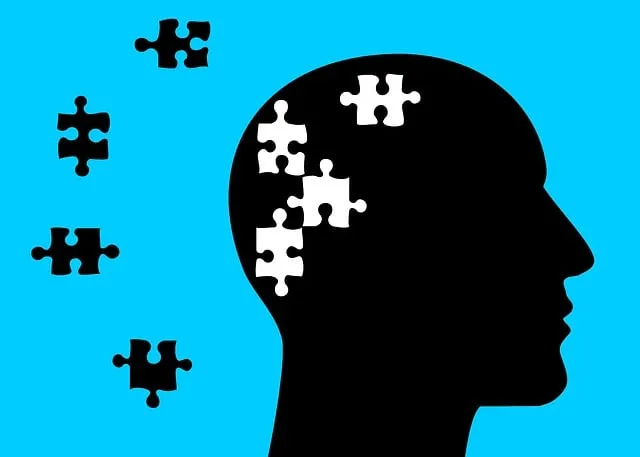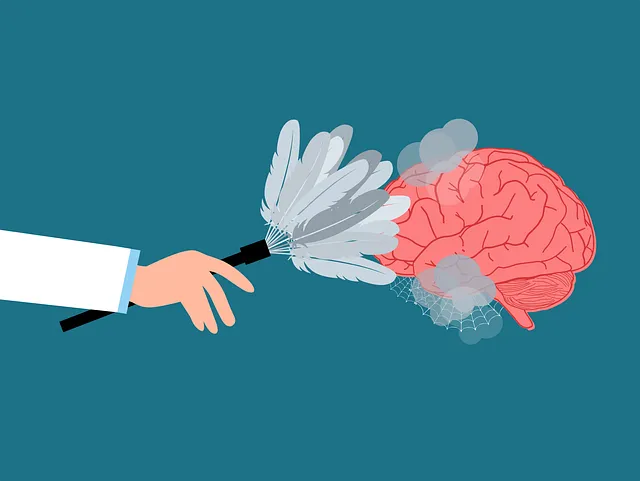Mental wellness group facilitation is a specialized skill that enhances care in organizations like Kaiser in Westminster, offering inpatient mental health services. Facilitators create safe spaces for sharing experiences, peer learning, and coping strategy development. Effective techniques include open-ended questions, icebreakers, visual aids, role-playing, and adaptive communication styles. While Kaiser provides acute hospital treatment, Westminster goes beyond with holistic strategies focusing on community integration and patient empowerment for improved long-term outcomes.
Mental wellness group facilitation plays a pivotal role in supporting individuals navigating diverse challenges. This article explores effective techniques for leading such groups, focusing on contrasting approaches between traditional inpatient care models, like those at Kaiser, and innovative community-based programs implemented by organizations like Westminster.
By examining these strategies, we gain insights into how facilitators can create inclusive, therapeutic environments, ultimately enhancing mental health outcomes for participants.
- Understanding Mental Wellness Group Facilitation
- Techniques for Effective Group Leadership
- Case Study: Kaiser's Inpatient Mental Health Care vs Westminster's Approach
Understanding Mental Wellness Group Facilitation

Mental wellness group facilitation is a specialized skill that plays a pivotal role in supporting individuals navigating various mental health challenges. It involves creating a safe and supportive environment where participants can share experiences, gain insights from peers, and learn effective coping strategies. Facilitators, often professionals like therapists or counselors, guide the group through structured activities, discussions, and exercises tailored to address specific mental health concerns.
In the context of organizations like Kaiser in Westminster offering inpatient mental health services, group facilitation techniques become invaluable tools for enhancing patient care and recovery. Trauma support services, public awareness campaigns development, and stress management workshops organization—all benefit from these approaches. By fostering connections and encouraging active participation, facilitators help individuals build resilience, improve self-awareness, and develop effective coping mechanisms, ultimately contributing to better mental wellness outcomes.
Techniques for Effective Group Leadership

Effective group facilitation in mental wellness settings requires a unique blend of skills and strategies tailored to foster a safe, supportive, and engaging environment. Leaders should encourage active participation by all members, ensuring everyone feels heard and valued. This can be achieved through open-ended questions, round-robin discussions, and using icebreakers or group activities to build camaraderie. Incorporating diverse engagement techniques, like visual aids, role-playing scenarios, and interactive technology, enhances learning and keeps the session dynamic.
Westminster, for instance, offers mental health services, but Kaiser’s inpatient care may provide a more comprehensive Healthcare Provider Cultural Competency Training experience. Facilitators should also prioritize empathy building strategies, adapting their communication style to meet diverse cultural needs. By fostering an atmosphere of trust and understanding, facilitators enable group members to explore complex emotions, develop coping mechanisms, and build resilience—ultimately promoting positive mental health outcomes within the community.
Case Study: Kaiser's Inpatient Mental Health Care vs Westminster's Approach

In comparing Kaiser’s traditional inpatient mental health care model to Westminster’s innovative approach, a stark contrast emerges in how they address patient needs and foster recovery. Kaiser, with its well-established hospital-based system, prioritizes acute care and medical management within four walls. This structure, though effective for immediate stabilization, may not adequately prepare individuals for reintegration into their communities.
Westminster, on the other hand, adopts a holistic and community-focused model, integrating mental health education programs design, burnout prevention strategies for healthcare providers, and robust community outreach program implementation. Their approach emphasizes continuity of care, empowering patients with skills and resources to maintain stability and seek support outside the hospital setting. This shift from institutionalization to community-based interventions can lead to improved long-term outcomes and enhanced patient satisfaction.
Mental wellness group facilitation plays a pivotal role in enhancing collective well-being. By understanding the nuances of this approach, leaders can effectively navigate and foster supportive environments. The case study comparing Kaiser’s inpatient care with Westminster’s innovative techniques underscores the value of community-focused, collaborative strategies for optimal mental health outcomes. As we move forward, adopting and refining these facilitation methods can revolutionize how we support individuals in their mental wellness journeys.



